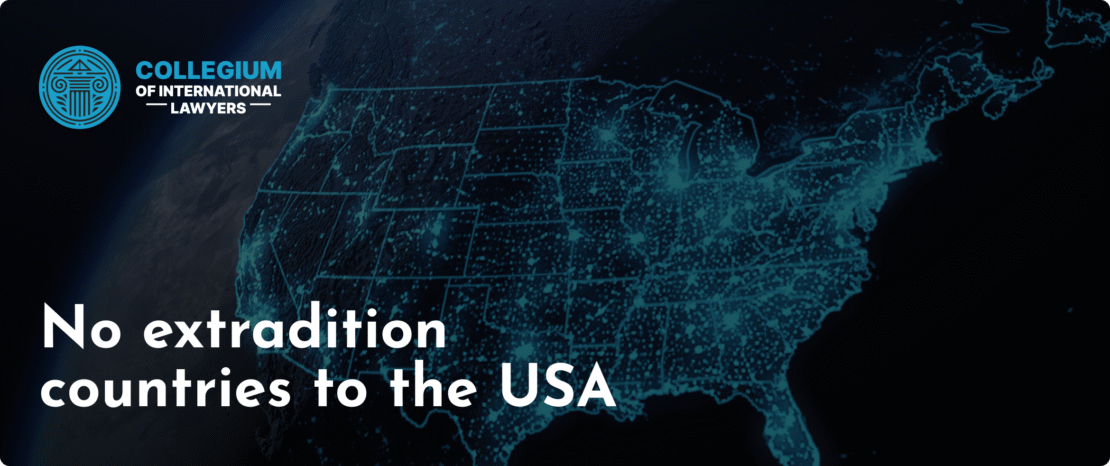
Comparing Interpol and the FBI: A Comprehensive Analysis
When it comes to international and national law enforcement, Interpol vs FBI comparison reveals significant differences and similarities between these two pivotal organizations. Both institutions play critical roles in ensuring safety and security, yet they operate under vastly different mandates and frameworks. This article delves into the structure, functions, and collaborative efforts of Interpol and the FBI, providing a comprehensive overview of these two powerful entities in the battle against crime.
Understanding Interpol: The International Police Organization
Interpol, officially known as the International Criminal Police Organization, was established in 1923 and serves as a facilitating hub for international police cooperation. With 195 member countries, Interpol aims to assist law enforcement agencies across borders in combating transnational crime. Unlike a traditional law enforcement agency, Interpol does not have its own officers or agents empowered to make arrests; instead, it provides support, intelligence sharing, and operational guidance to member nations.
Key Functions of Interpol
- Facilitation of Communication: Interpol provides a secure platform for law enforcement agencies to share information and intelligence, enhancing international collaboration.
- Notices: Interpol issues various notices, the most recognized being the Red Notice, which alerts member countries about wanted persons.
- Training and Capacity-Building: Interpol offers training programs and resources to enhance the capabilities of law enforcement agencies in member countries.
- Operational Support: Interpol assists in coordinated international operations, such as those targeting drug trafficking, human trafficking, and cybercrime.
The FBI: The Federal Bureau of Investigation
Established in 1908, the Federal Bureau of Investigation (FBI) is the principal investigative agency and domestic intelligence service of the United States. Operating under the Department of Justice, the FBI’s primary function is to uphold and enforce federal laws while providing security for American citizens. The FBI has jurisdiction over a wide array of criminal activities, including terrorism, cybercrime, organized crime, public corruption, and civil rights violations.

Key Functions of the FBI
- Criminal Investigations: The FBI conducts a vast number of criminal investigations that cover a range of offenses from violent crimes to white-collar crimes.
- Counterterrorism: A significant focus of the FBI is on counterterrorism operations aimed at preventing terrorist acts on U.S. soil.
- Intelligence Gathering: The FBI operates as both an investigative agency and an intelligence entity, gathering and analyzing data to inform national security strategies.
- Collaboration with Other Agencies: The FBI works closely with other federal, state, local, and international agencies to share intelligence and conduct joint operations.
Comparative Analysis: Interpol vs. FBI
While both Interpol and the FBI serve critical functions in fighting crime and securing safety, the fundamental differences between the two are evident in their scopes and operational methodologies.
Scope of Operations
Interpol operates at a global level, facilitating cooperation among member countries regardless of their individual laws and jurisdictions. In contrast, the FBI is a national agency focused exclusively on enforcing U.S. federal laws. This difference in scope allows Interpol to manage international crime dynamics, while the FBI handles domestic law enforcement issues.
Authority and Enforcement
One of the most critical distinctions lies in enforcement authority. The FBI has arrest powers and can conduct investigations, whereas Interpol does not possess any law enforcement authority and cannot arrest individuals. Interpol’s role is to assist member countries but does not extend to direct intervention in criminal matters.

Collaboration and Coordination
Both organizations emphasize collaboration. The FBI, while primarily focused on national issues, engages with other law enforcement agencies, including international entities such as Interpol, to combat cross-border crimes. Conversely, Interpol serves as a central hub for member countries, enabling them to share intelligence and coordinate operations more effectively in a global context.
Challenges and Opportunities
Both Interpol and the FBI face unique challenges in their efforts to combat crime. For Interpol, the varying legal frameworks and capabilities of member countries can complicate coordination efforts. Additionally, issues such as cybercrime transcend borders, requiring agile responses and effective international cooperation. For the FBI, changes in the landscape of crime, such as the rise of terrorism and cyber threats, require adaptation and evolution of methodologies to safeguard national security.
The Future of International Law Enforcement
As global crime continues to evolve, collaboration between Interpol, the FBI, and other law enforcement agencies will be crucial in developing strategies to counteract emerging threats. The increasing globalization of crime necessitates stronger communication channels, shared intelligence frameworks, and collective action to ensure citizen safety both domestically and internationally.
Conclusion
In summary, the comparison between Interpol and the FBI highlights the essential roles these organizations play in maintaining security and combating crime. While their methods and focuses differ significantly, collaboration is key to their success in an increasingly complex and interconnected world. Understanding the capabilities and limitations of both agencies will enhance international efforts in law enforcement and security, paving the way for safer communities globally.

